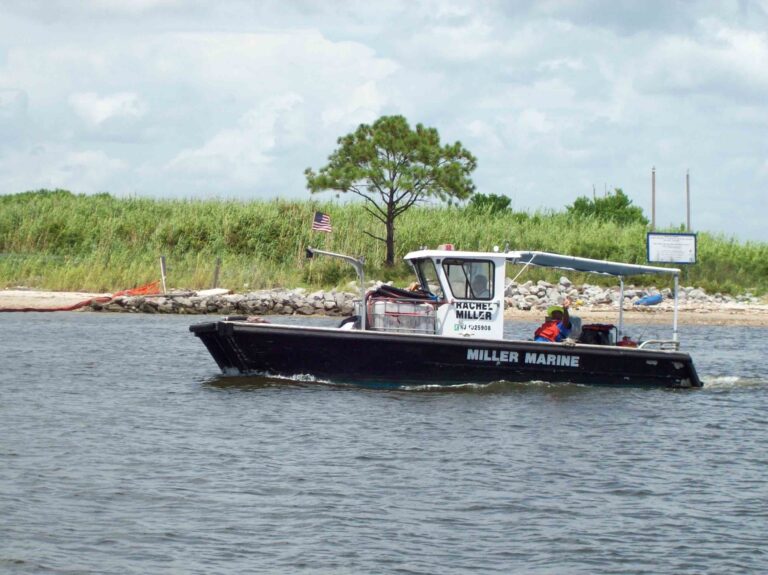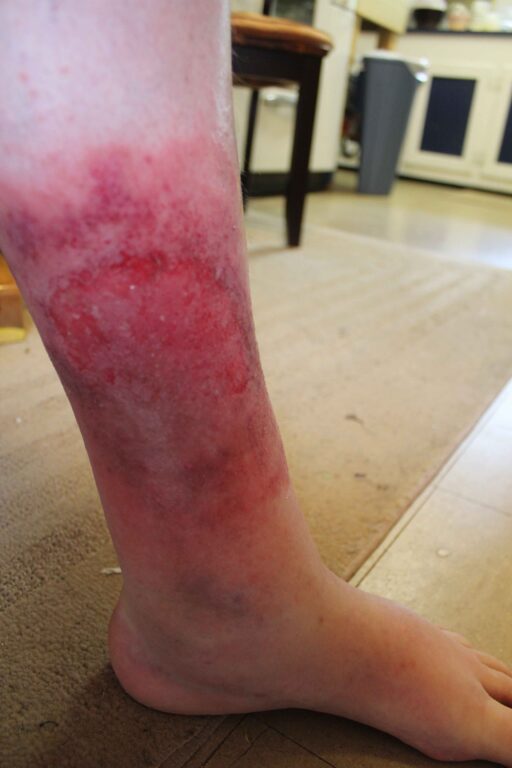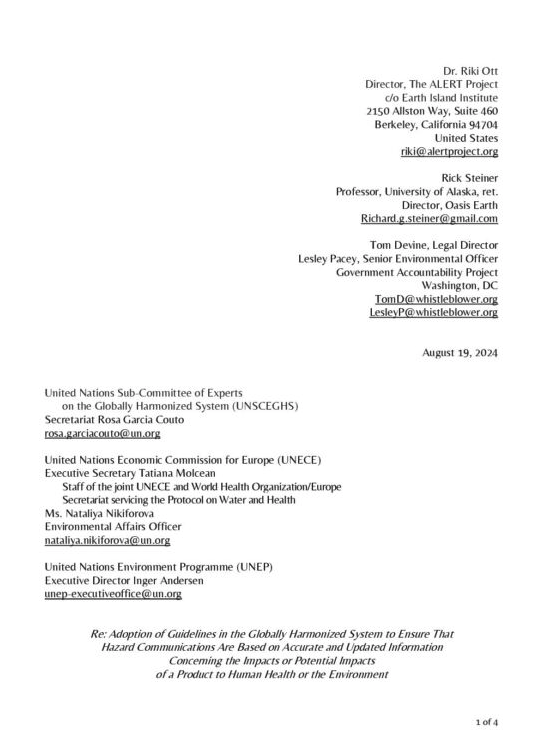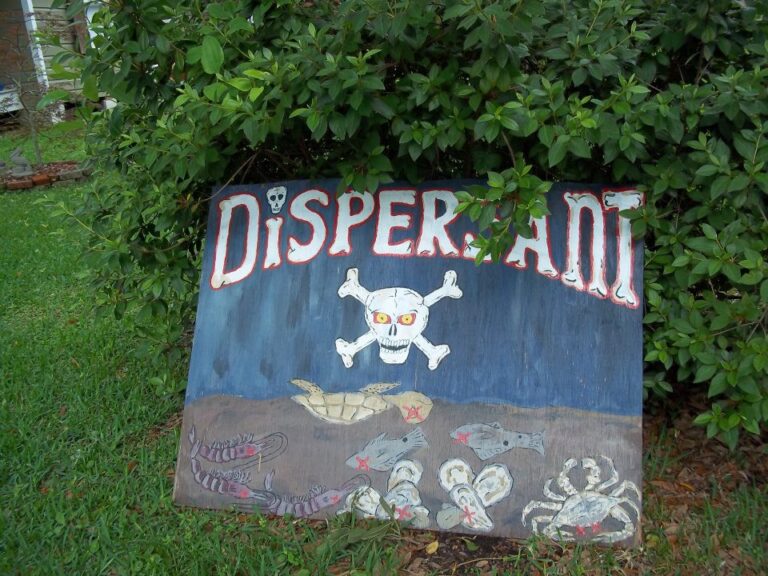The Problem: Dispersants and Lack of Citizen Involvement
During the 2010 BP oil disaster, unprecedented amounts of toxic oil-based dispersants were used to allegedly minimize harm to people and wildlife from the crude oil itself—all the while ignoring the real harm that was occurring.
Aerial spraying and deep sea injection of dispersants continued daily, for months. Nothing like this had ever been tried before — it was all a giant experiment.
The post-disaster science rewrote what was known or presumed to be true about Corexit dispersants. Oil-dispersant mixtures create a toxic cocktail that is deadly to wildlife and humans—much more toxic than oil alone.
Once the truth was exposed, the manufacturer discontinued making and selling Corexit dispersants. However, stockpiles exist around the world and are available for immediate use during marine oil spills including in every coastal state in the U.S.
The dispersant debacle highlighted three major problems (right) in oil spill response that increase the harm from these disasters rather than minimize the harm as required by law. The President’s Commission on the Deepwater Horizon identified these problems as critical gaps in national preparedness for oil spills They provide our campaign framework.
Campaign Framework
- BAN: Outdated testing protocols allowed use of very toxic products. ALERT and allies successfully sued EPA, resulting in rules that could––if implemented––eliminate the more toxic products.
- PROTECT: Besides monitoring environmental impacts and restoration, response plans must include symptom-based awareness training and risk communication for, and health monitoring of, workers and the exposed public.
- PREPARE: Disasters begin and end locally. Successful disaster response starts with a local plan developed by states with public input like the regional citizens’ advisory councils in Alaska.
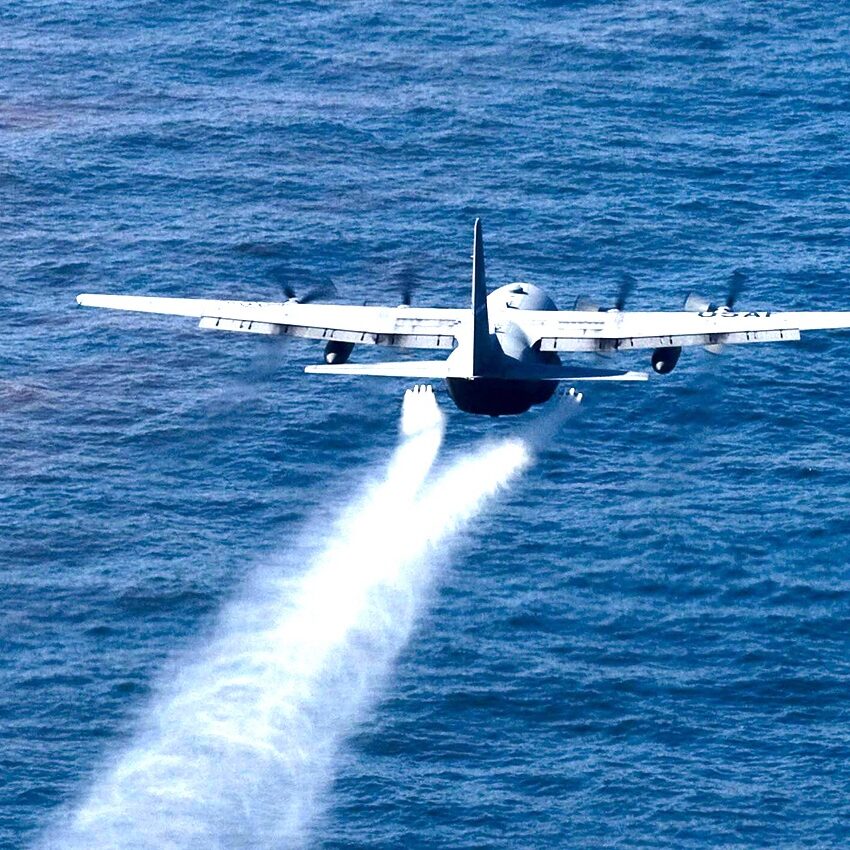
Lack of local involvement in response preparation
Inadequate preparation to protect human health
Outdated testing protocols allowed use of very toxic products

This affects everyone.
The EPA is now required to maintain and update national emergency response plan for oil spills based on accurate and truthful new or relevant information concerning impacts or potential impacts of the product to human health or the environment. This is good news for some 133 million Americans who live near the coasts—that’s 39 percent of the U.S. population. It’s also good news for emergency responders.
However, the same agencies – US Coast Guard and Environmental Protection Agency (EPA) and states – are still in charge of response plan revisions. Unless WE change THEIR agenda, these agencies will give us more of the same instead of an improved response plan.
To address all the critical gaps, YOUR state lead agency for oil spill response needs to hear from YOU about why YOU want citizen oversight, worker and public health protection, and safer products.
OUR SOLUTIONS DEPEND ON YOU

Take Action
Ally organizations representing over 30 million people across the nation responded to the call to ban toxic dispersants. EPA is reviewing ALERT’s petition.
Allies in Pacific Northwest states are working to make supplemental testing of new dispersants and health monitoring units for emergency responders and the exposed public become mandatory practices. Allies are also exploring ways to start Citizens’ Advisory Councils.
Allies in Gulf Coast states have requested their lead agencies to refuse to use Corexit dispersants in state and adjacent federal waters and are interested in exploring ways to startup community air monitoring networks and identify vulnerable communities in areas at risk from oil spill and chemical exposures.
Not from the Pacific Northwest or Gulf Coast states? Let’s get you started. Contact ALERT for how to get involved!
ALERT Advocates United Nations Ban Corexit Dispersant
ALERT advocates United Nations adopt guidelines for truth-in-reporting rule like in the U.S. and take immediate action to remove Corexit…
#ExitCorexit Campaign Guide
Comprehensive Guide to writing your own letters to the EPA and YOUR state to ban Corexit dispersant use.
- « Previous
- 1
- 2
This is real -- and it could happen to you!
